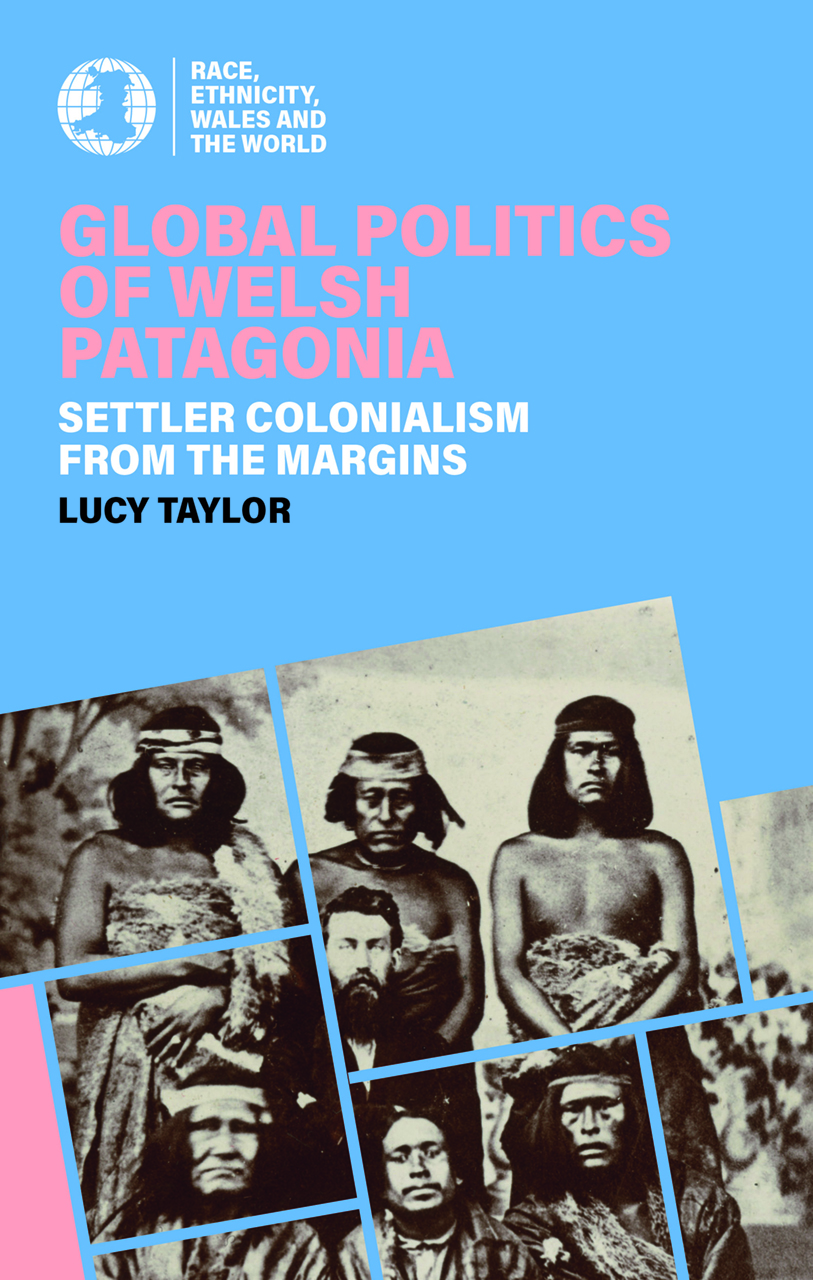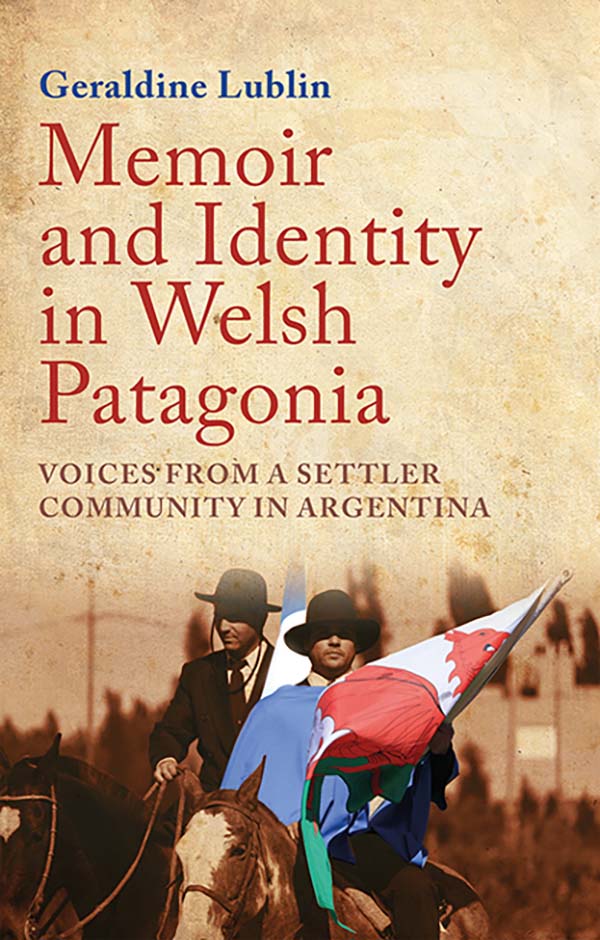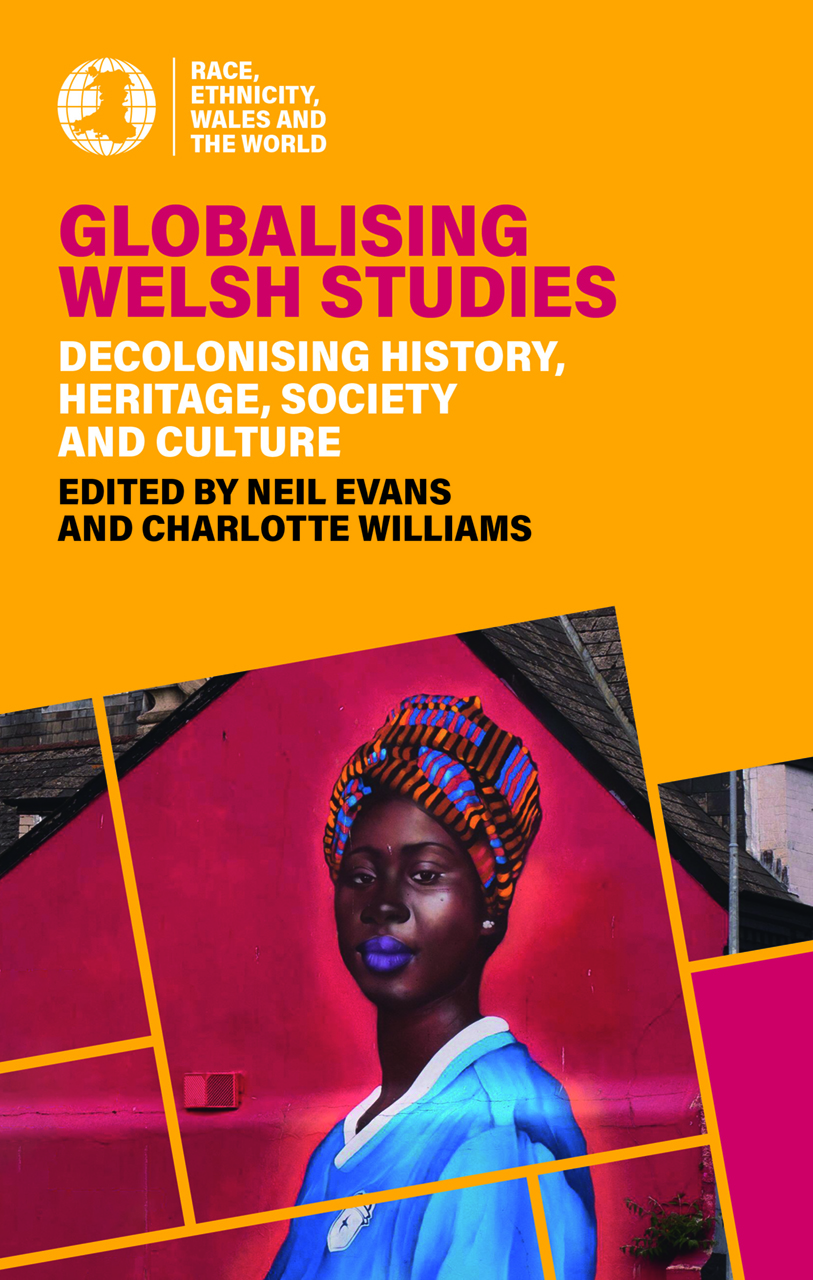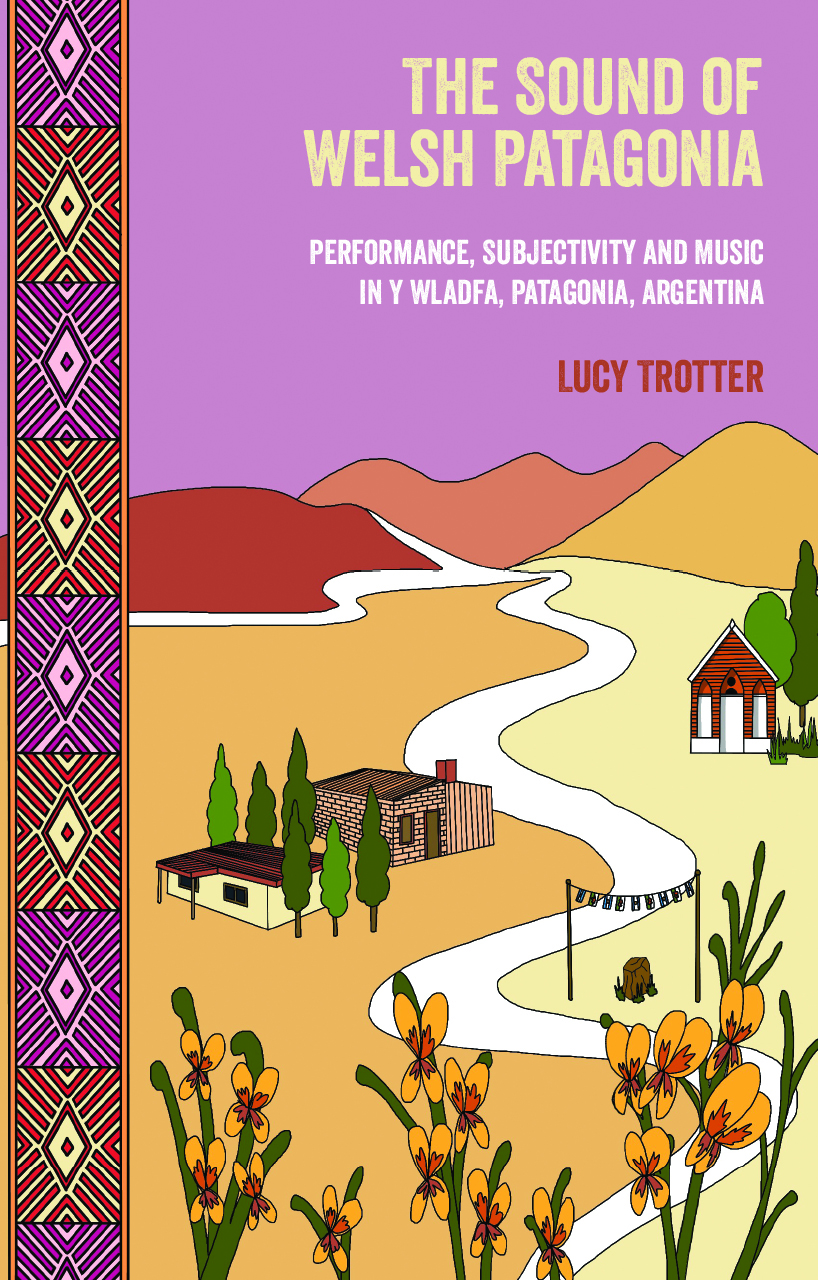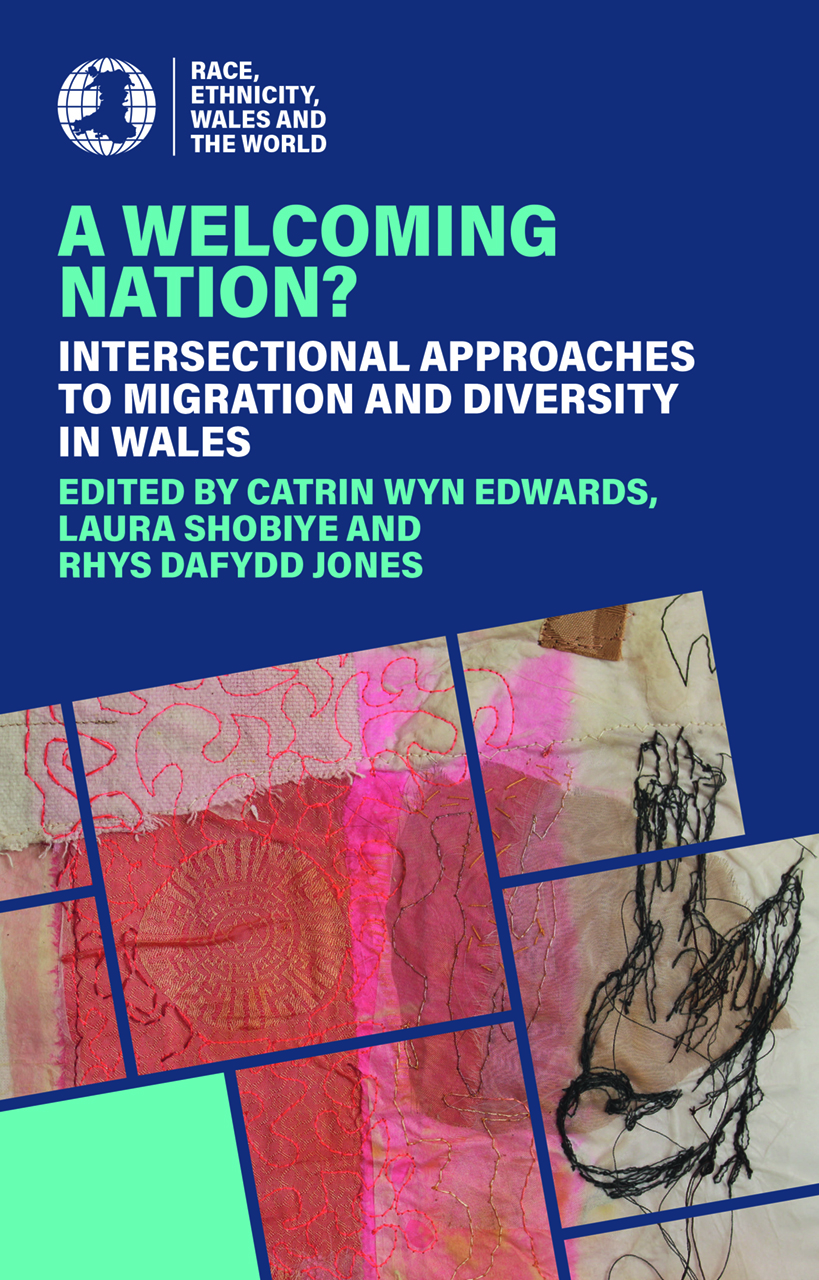Global Politics of Welsh Patagonia
Settler Colonialism from the Margins
Author(s) Lucy Taylor
Language: English
Series: Race, Ethnicity, Wales and the World
- February 2025 · 248 pages ·216x138mm
- · Paperback - 9781837722167
- · eBook - pdf - 9781837722174
- · eBook - epub - 9781837722181
To read the PDF of Global Politics of Welsh Patagonia: Settler colonialism from the margins for free, follow the link below
Global Politics of Welsh Patagonia: Settler colonialism from the margins
This book is freely available on a Creative Commons licence thanks to the kind sponsorship of the libraries participating in the Jisc Open Access Community Framework OpenUP initiative.
Inspired by decolonial thinking, this book challenges romantic images of Y Wladfa, the Welsh Patagonian settlement founded in 1865. Drawing on archival sources written in Spanish, Welsh and English, it exposes the complex human relationships of this settler colony, and in particular disrupts the myth of Welsh–Indigenous friendship by foregrounding Indigenous experience and revealing less familiar accounts in the record. A newly-developed framework applies three logics – possession, racialization/barbarisation, and assimilation – to make sense of settler colonialism in Patagonia and to debate Wales’s complex position as both colonised and coloniser. A new analysis of contemporary cultural products (television, film, textbooks) further demonstrates how the romantic view continues to shape racial stereotypes today, concluding that such settler origin countries as Wales are vital sites of decolonial debate.
Dr Lucy Taylor - Herio stori draddodiadol Y Wladfa https://www.youtube.com/watch?v=69OHDvETtu8
Dr Lucy Taylor - Challenging the traditional telling of Welsh Patagonia’s story https://youtu.be/6PJe300cVjY?si=BJdkYxglWAjVYJAS
Watch Lucy Taylor in conversation with Paul O’Leary at the National Library of Wales here.
‘By avoiding an already conventional polarisation between celebration and condemnation, Lucy Taylor succeeds in creating a new theoretical ground for understanding Y Wladfa. Starting from a recognition of the ambiguity of the Welsh as both colonised and colonisers, she re-writes the history of the Patagonian venture, challenging the long hegemonic status of the Welsh and the Welsh language, and incorporating new voices and testimonies. Acknowledging the implication of the Welsh in global colonialism is a debt that contemporary and more politically mature Wales cannot afford to ignore. Taylor’s theoretical and empirical work goes a long way towards paying that debt. As a fundamental contribution to the historiography of Y Wladfa, Taylor’s book at the same time redraws the entire map on which we can locate Wales not only during the nineteenth and twentieth centuries, but also in today’s globalised world.’
Fernando Williams, CONICET/Universidad Nacional de La Plata
Chapter One: Introduction: Where the Welsh Are
Chapter Two: Theorizing Y Wladfa
Chapter Three: Y Wladfa in Historical and Global Perspective
Chapter Four: Possession in Y Wladfa
Chapter Five: Barbarization and the Myth of Friendship
Chapter Six: Y Wladfa and Assimilation
Chapter Seven: Y Wladfa, Assimilation and Coloniality Today
Chapter Eight: Conclusion – and Ways Forwards
Bibliography


